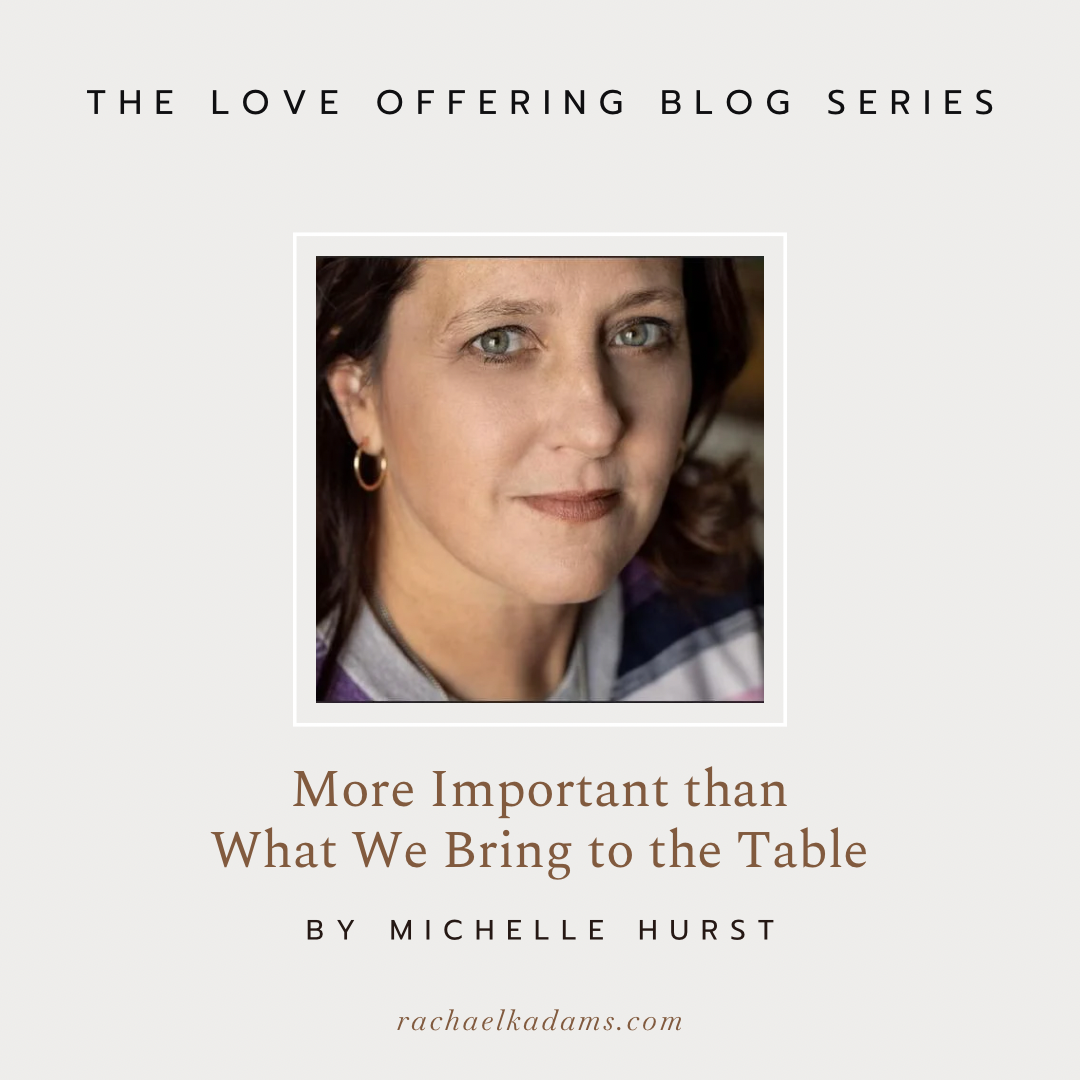Several years ago I was closing in on a graduate degree and interviewing for positions in which to use my new skills. I had an impressive resume, connections and the right credentials. One of the last questions one particular interview panel asked was “What do I bring to the table?”
I’d just spent close to an hour being grilled. I wanted to give qualified answers but still show my energy and personality at the same time. So I took a risk. I told them “queso” was what I like to bring to the table. I’m pretty sure I misread the room because no one laughed. I smiled uncomfortably and then gave them a more traditional answer referencing skills and qualities that I offer to a team. It was no surprise that I did not get the job. However, it is completely their loss because everyone loves queso.
I did eventually land a great job, but that season of interviews was pretty hard on the soul. I’d spend days prepping, researching, and putting my whole self out there. I’d answer all their questions and then wait and wait for them to answer the one in my head, “Do they want me?”
It is essentially the same question we all ask, even if we are not in an interview and sweating through our blazers. Do these people want us? But we usually don’t stop there:
Do I have anything to offer? Do I have anything to bring to the table? Do they even want me here? Am I good enough?
Here is what I have learned, the things I hope for in a friend or in the most important settings are not the kinds of things usually found on a resume. They are not indicated by letters after someone’s name. For the people I am going to trust with my heart, what I really want to know is just this: Will they show up when it matters? Can they be counted on? Will they accept me for who I am?
In all the important ways, what we bring to the table is less about our skill sets or abilities and more about being present and who we are willing to sit beside.
On the night Jesus was betrayed he didn’t spend it preaching to large crowds or performing fancy miracles. He didn’t remind everyone of his credentials. He didn’t spend it with the most influential people. Instead, He sat at a table and ate dinner with his friends and even his betrayer. Jesus brought everything he had to the table and gave it away.
Most of us have read or heard passages about the Last Supper in Luke 22. Parts of it are quoted each time we practice communion at my church. My favorite part, however, is often left out:
“When the hour came, Jesus and his apostles reclined at the table. And he said to them, “I have eagerly desired to eat this Passover with you before I suffer. (Luke 22: 14-15 NIV).
Essentially this is Jesus, on one of the hardest nights of his entire life, telling his friends how much he looked forward to being with them. I suspect that it had very little to do with their skill sets and almost entirely about how much he loved them.
We can often get caught up in wondering if we think we belong at the table, if we have the right things to offer, or sometimes what others have to offer us. But if we follow Jesus’s lead, what we bring doesn’t matter. What matters is a willingness to sit down in the first place and love the people beside us.

Also, queso never hurts.
About the Author:
Michelle is a wife, a mother of two, a writer, and an educator. She has written for (in) Courage, Grown and Flown, Her View From Home, and the Grit and Grace Project. Her favorite topics are faith, chronic illness, hope, relationships, and middle age. When she’s not writing, she loves to read and hike.
Connect with Michelle:
Instagram @michellewallishurst13
shaun.michelle@sbcglobal.net
Did you love today’s devotion?
Sign up to receive your weekly love offering.





